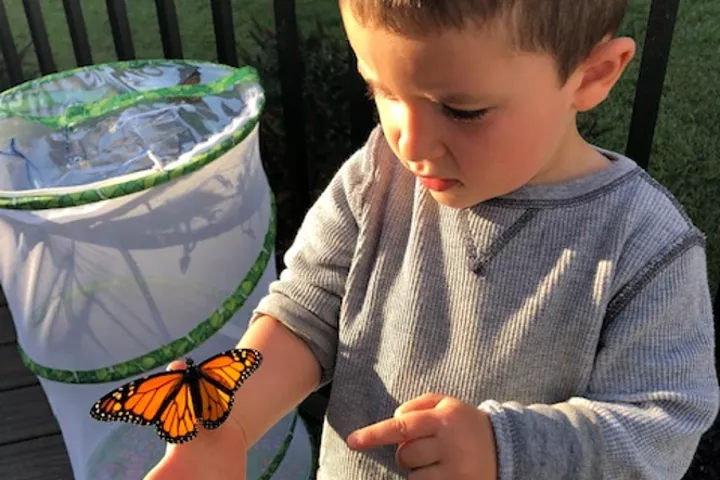Search Results
-
 Blog
BlogRefreshing Your Own Sense of Wonder Through Studies
Young children often marvel at the simple joys found in the world around them. Studies from The Creative Curriculumhonor and leverage that sense of wonder to help children explore and...
-
 Blog
BlogFive things to consider when selecting digital learning experiences for young children
...content presented is connected to your curriculum and learning standards. Many platforms will even help you bridge that connection with curriculum guides and standards alignments. It’s not enough for the...
-
 Blog
BlogSupporting Social-Emotional Well-Being in Times of Uncertainty
...every night and that I was 100% present for my children. I listened to my children’s concerns and answered their questions as best as I could. The Creative Curriculum for...
-
 Blog
BlogThe First Six Weeks: Building a Strong Foundation in Preschool and Pre-K
...flourish. That’s why the first six weeks of school receive special attention in The Creative Curriculum for Preschool, Pre-K, and Transitional Kindergarten. Built into the foundation of the curriculum are...
-
Blog
Introducing Al’s Pals, an Evidence-Based, Social–Emotional Curriculum Designed for Young Children
...announce that Al’s Pals, a nationally recognized and evidence-based comprehensive social–emotional learning curriculum and professional development program designed to meet the specific needs of preschool children, is now part of...
-
 Blog
BlogUnderstanding Scarborough’s Rope: How It Can Inform Early Literacy Instruction
...coaching and other implementation support. Studies from The Creative Curriculum offer children robust, authentic opportunities to build oral language skills and research skills; ask and answer questions; grow their vocabulary;...